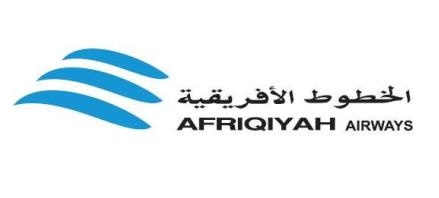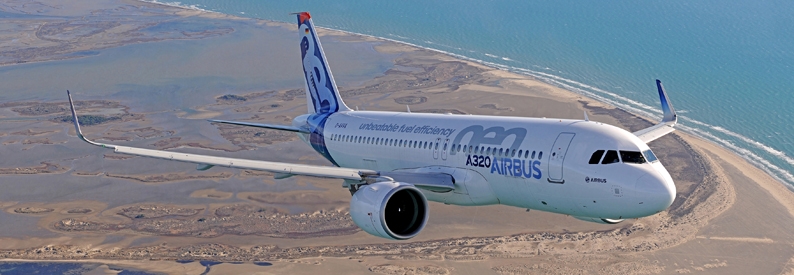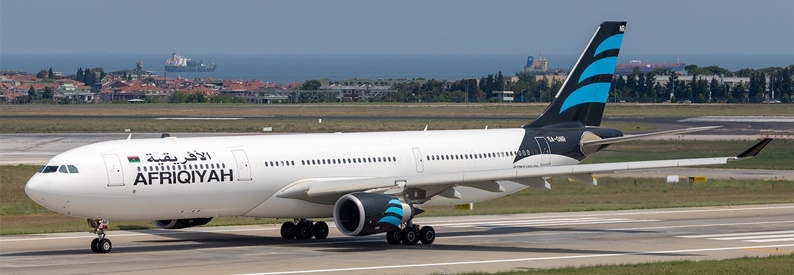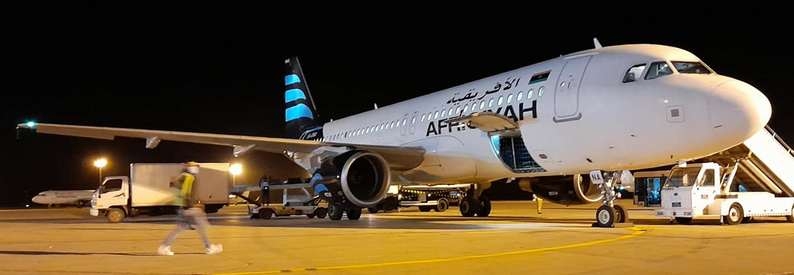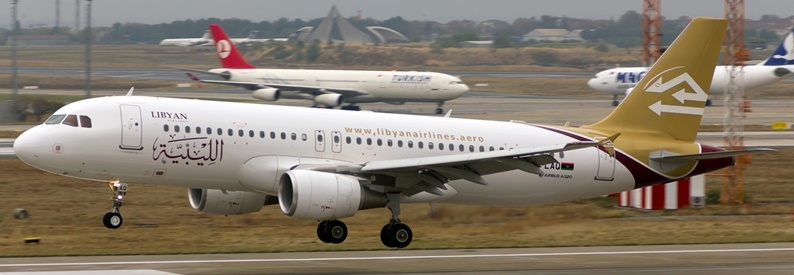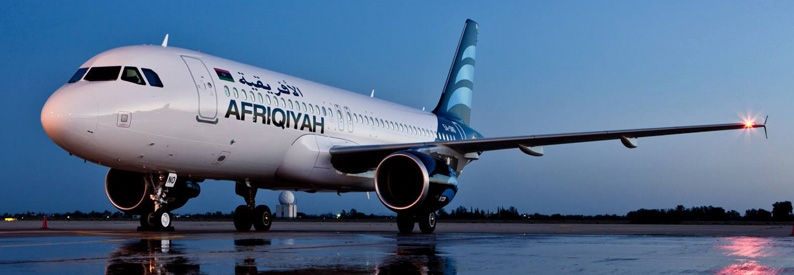Sebha International Airport, in the southwest of Libya, resumed commercial passenger flight operations on August 16. The airfield, which has suffered from security problems for years, had been closed since January 2014, local media reported.
A commercial flight landed in the oasis town from the northeastern city of Benghazi. The ch-aviation Commercial Aviation Operator Capacity Data module shows that state-owned Afriqiyah Airways (8U, Tripoli Mitiga) now has a 1x weekly frequency from Benghazi with an A320 Family aircraft.
Since the capture and death of Libya's former leader Muammar Gaddafi in 2011, the south has suffered worse insecurity than the rest of the country, but the situation in Sebha has been better than in other parts of the north African region. Much of the fighting between tribesmen in August has been in Murzuq around 150 kilometres to the south, according to the United Nations.
A ceremony greeted the arrival of the aircraft in the presence of city officials, civil society institutions, and the World Organisation of the Scout Movement, according to the Libya Observer, which added that the flight had previously been scheduled for August 9 but was postponed due to a technical failure.
However, the situation remains volatile. The US magazine Foreign Policy reported in April that whoever controls Libya’s airports and critical infrastructure controls the country as a whole. Currently, the forces of Khalifa Haftar and the Benghazi-based militia the Libyan National Army (LNA) control the Sabha region together with the centre and northeast of the country, but only as far south as Murzuq. Haftar gave the go-ahead for the resumption of flights to Sabha in February after the LNA lifted a No-Fly-Zone embargo on the southern regions.
The resumption of flights is the culmination of months of work by airport staff performing maintenance, processing, cleaning, and reanimating damaged equipment, airport director Mohamed Ouahida told local media. He added that Haftar's forces had secured the perimeter of the airport in a 20-kilometre radius and were overseeing its security.
- Type
- Base
- Aircraft
- Destinations
- Routes
- Daily Flights
